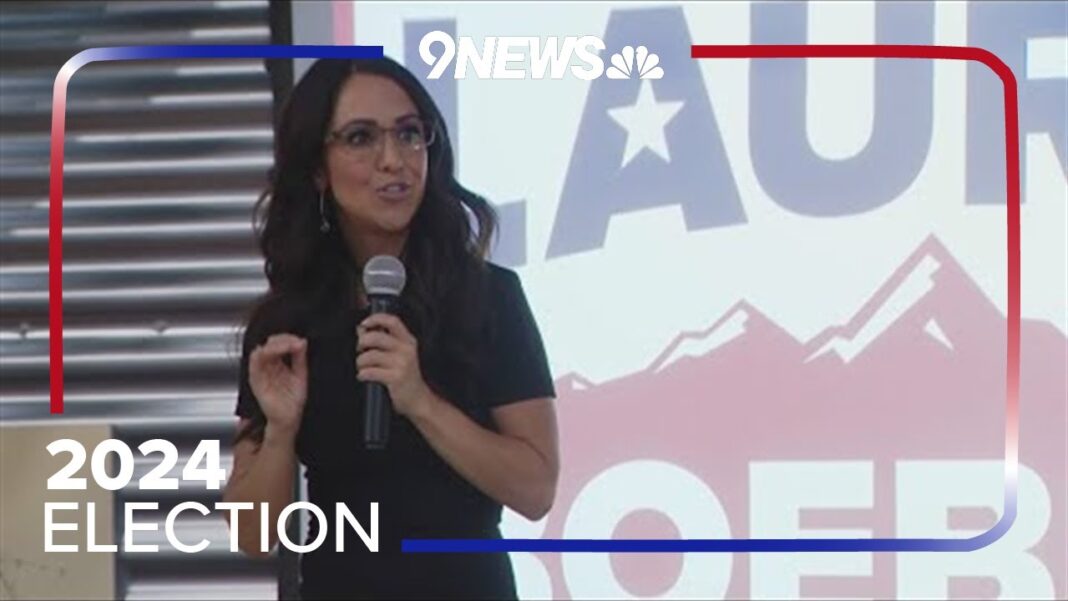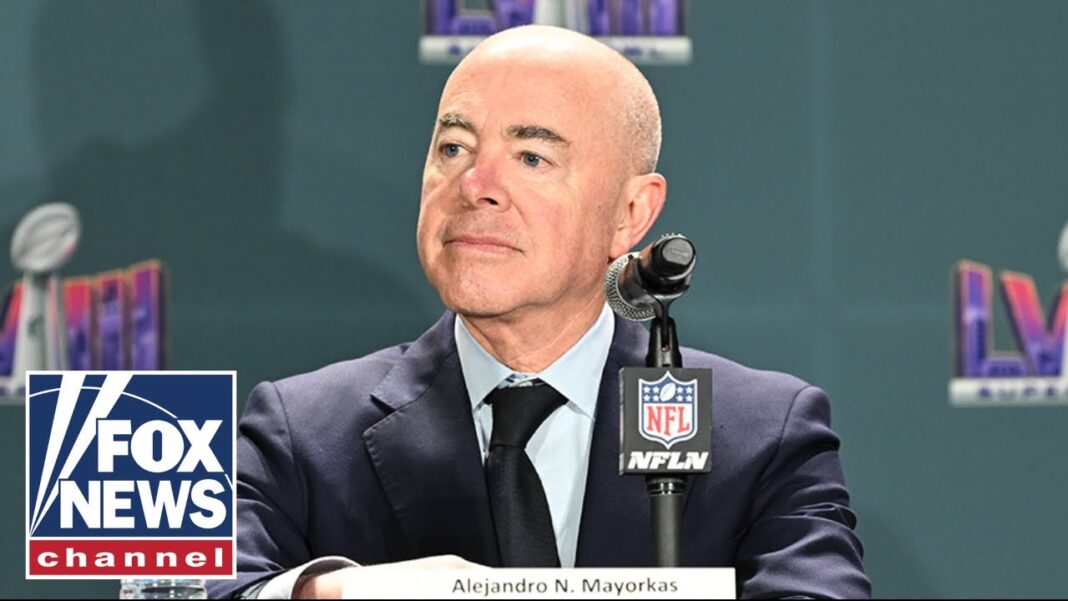Just before Donald Trump and Hillary Clinton faced off in their second presidential debate, then-National Intelligence Director James Clapper met in the White House with a small group of advisers to President Obama to hatch a plan to put out a first-of-its-kind intelligence report warning the voting public that “the Russian government” was interfering in the election by allegedly breaching the Clinton campaign’s email system.
On Oct. 7, 2016 – just two days before the presidential debate between Trump and Clinton – Clapper issued the unprecedented intelligence advisory with Obama’s personal blessing. It seemed to lend credence to what the Clinton camp was telling the media — that Trump was working with Russian President Vladimir Putin through a secret back channel to steal the election. Sure enough, the Democratic nominee pounced on it to smear Trump at the debate.
And that wouldn’t be the only historically consequential maneuver for Clapper, whose role in skewing presidential campaigns might deserve a special place in the annals of nefarious election meddling – by, in this case, a domestic, not foreign, intelligence service.
In 2020, he was the lead signatory on the “intelligence” statement that discredited the New York Post’s October bombshell exposing emails from Hunter Biden’s laptop, which documented how Hunter’s corrupt Burisma paymasters had met with Joe Biden when he was vice president. It was released Oct. 19, just three days before Trump and Biden debated each other in Nashville. Fifty other U.S. “Intelligence Community” officials and experts signed the seven-page document, which claimed “the arrival on the U.S. political scene of emails purportedly belonging to Vice President Biden’s son Hunter, much of it related to his time serving on the board of the Ukrainian gas company Burisma, has all the classic earmarks of a Russian information operation.”
In hindsight, Clapper’s well-timed pseudo-intelligence in 2016 and 2020 helped Clinton and Biden make the case against Trump as a potentially Kremlin-compromised figure, charges that crippled his presidency and later arguably denied him reelection.
The phony laptop letter actually helped Biden seal his narrow victory since many of his voters in the close election told pollsters they would have had second thoughts about backing him had they known of the damning materials contradicting his denials he knew anything about his son’s shady foreign dealings.






